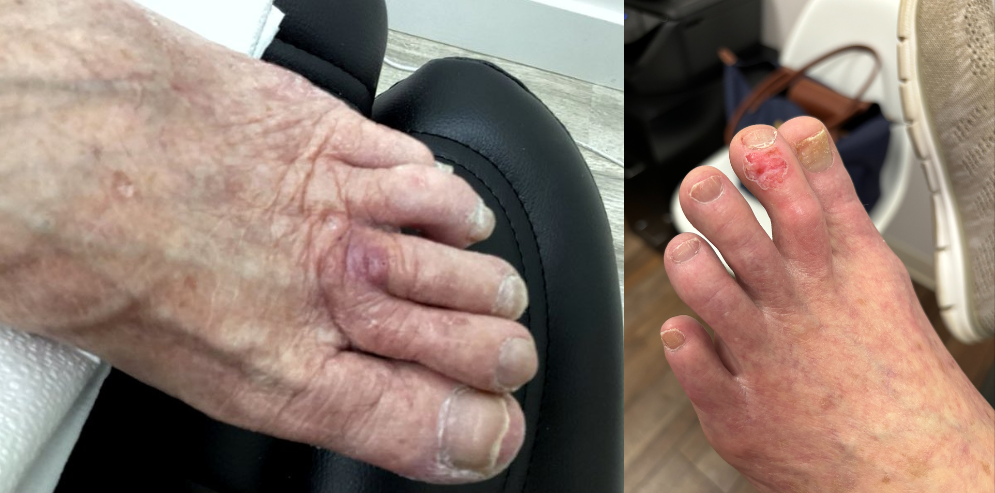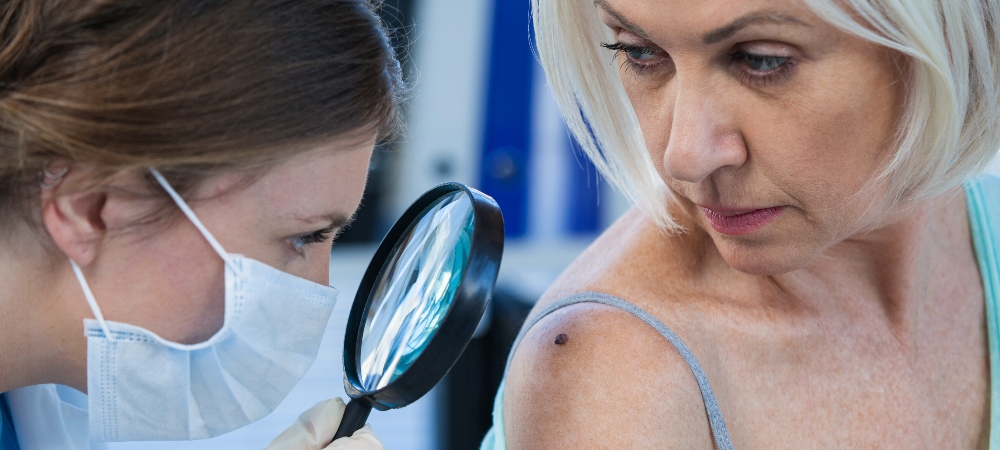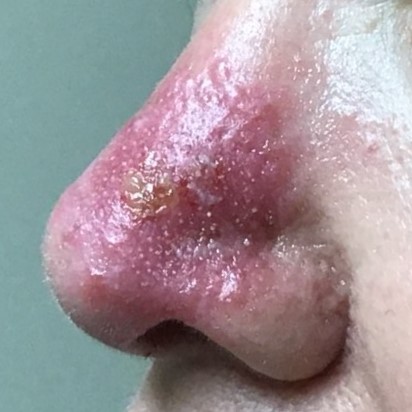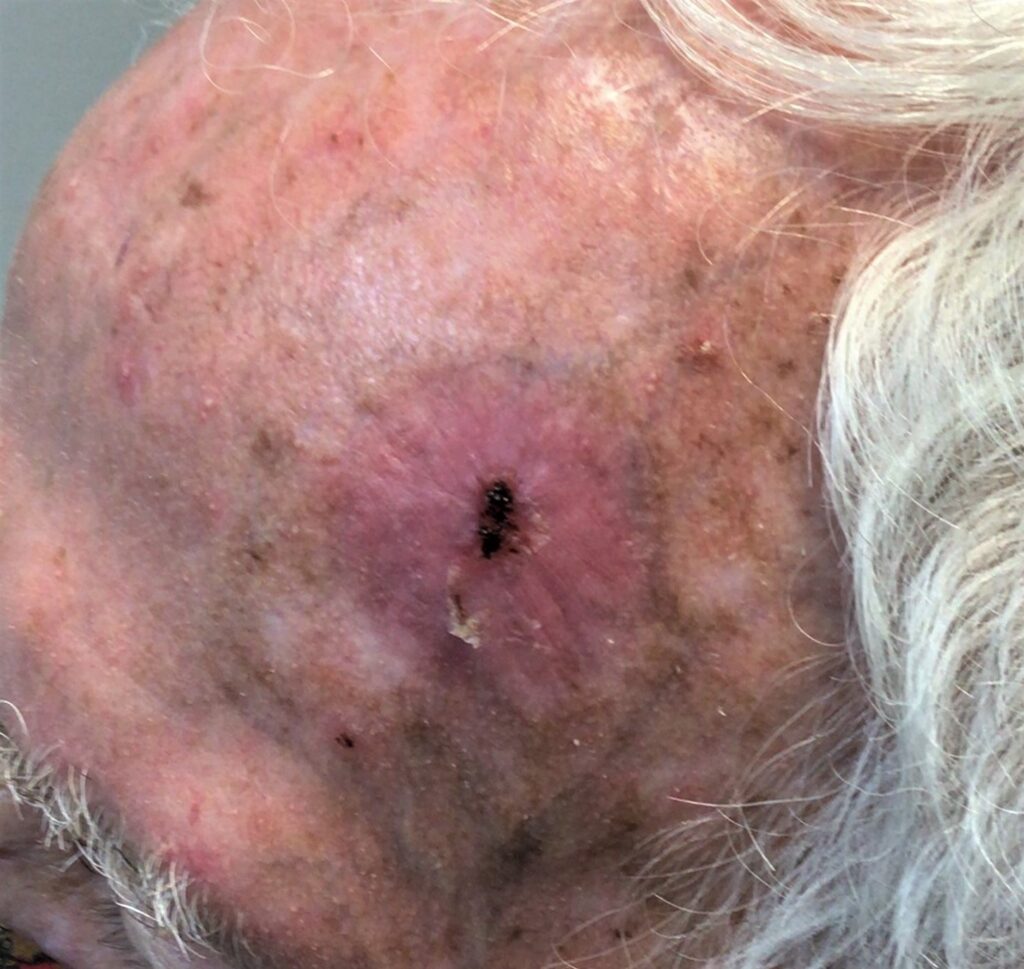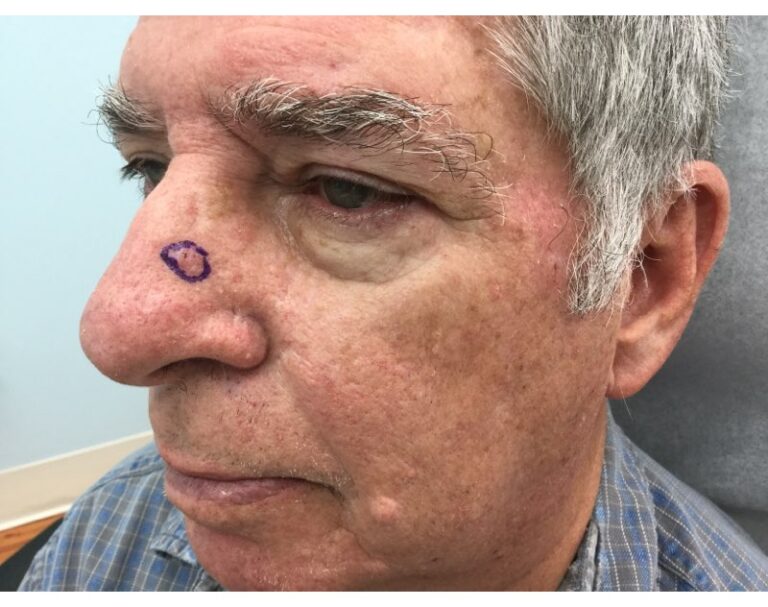
People with fair skin and light features are known to be at a higher risk of developing skin cancer, but that doesn’t mean everyone else isn’t susceptible, too. Skin cancer can affect anyone, no matter their age, skin color, or gender. Protecting your skin is a year-round battle, and it involves much more than just applying sunscreen. Keep reading with GentleCure to learn our top skin cancer prevention tips, below!
Choose a Higher SPF Sunscreen and Reapply Often
Sunscreen products labeled “Broad Spectrum” are preferable, as they protect against both UVA and UVB rays. Wearing SPF 15 is certainly better than wearing no sunscreen at all, but an SPF of 50 or higher is recommended to filter 98% or more of UVB rays. Adults should use about one ounce of sunscreen to cover their face, neck, and any exposed areas of the body. Reapply your sunscreen every two hours or more often if you’re swimming or sweating.
Cover Up
Long sleeves, pants, sunglasses, and a wide-brimmed hat can do wonders to protect your skin from the sun. Of course, you should still apply sunscreen to any skin that remains exposed.
Find a Shady Spot
Whenever possible, seek out a shady spot under a tree. If you’re at the beach or pool, bring a large umbrella if possible. Sun shelter tents designed for camping are also a great option at the beach.
A Cloudy Day Doesn’t Equal Protection
Even on a gray overcast day, the sun can do its fair share of damage. Check the UV index before you head out for the day, as it can still be high enough to warrant the use of sunscreen on a cloudy day.
Avoid Tanning
Many people say they feel more confident with a tan, but trust us when we tell you that skin cancer, especially melanoma, is not worth that summer glow. Embrace your natural color, and if you want to look a little sunkissed for special occasions, consider using bronzer or self-tanner instead.
Examine Your Skin Monthly
Once per month, you should examine your skin from head to toe. What are you looking for? Any suspicious-looking growths, new or changing moles, sores that won’t heal, and spots that continually itch, scab, or crust could all be cause for concern. Skin cancer can sometimes resemble harmless blemishes, however, such as sunspots. If you have any doubts about whether a spot is healthy, visit your doctor.
Visit a Dermatologist Yearly
Both men and women should see a dermatologist at least once per year for a full-body skin cancer screening. The earlier a problematic spot is detected, the sooner it can be tested and treated if necessary.
Know Your Treatment Options
If you ever receive a skin cancer diagnosis, knowing your treatment options ahead of time can help you feel empowered and better prepared to make a decision. Non-melanoma skin cancers like basal and squamous cell skin cancers can often be treated without surgery through Image-Guided Superficial Radiotherapy (Image-Guided SRT). For more information about Image-Guided SRT, the GentleCure skin cancer information specialists can be reached at 855-936-4411.
